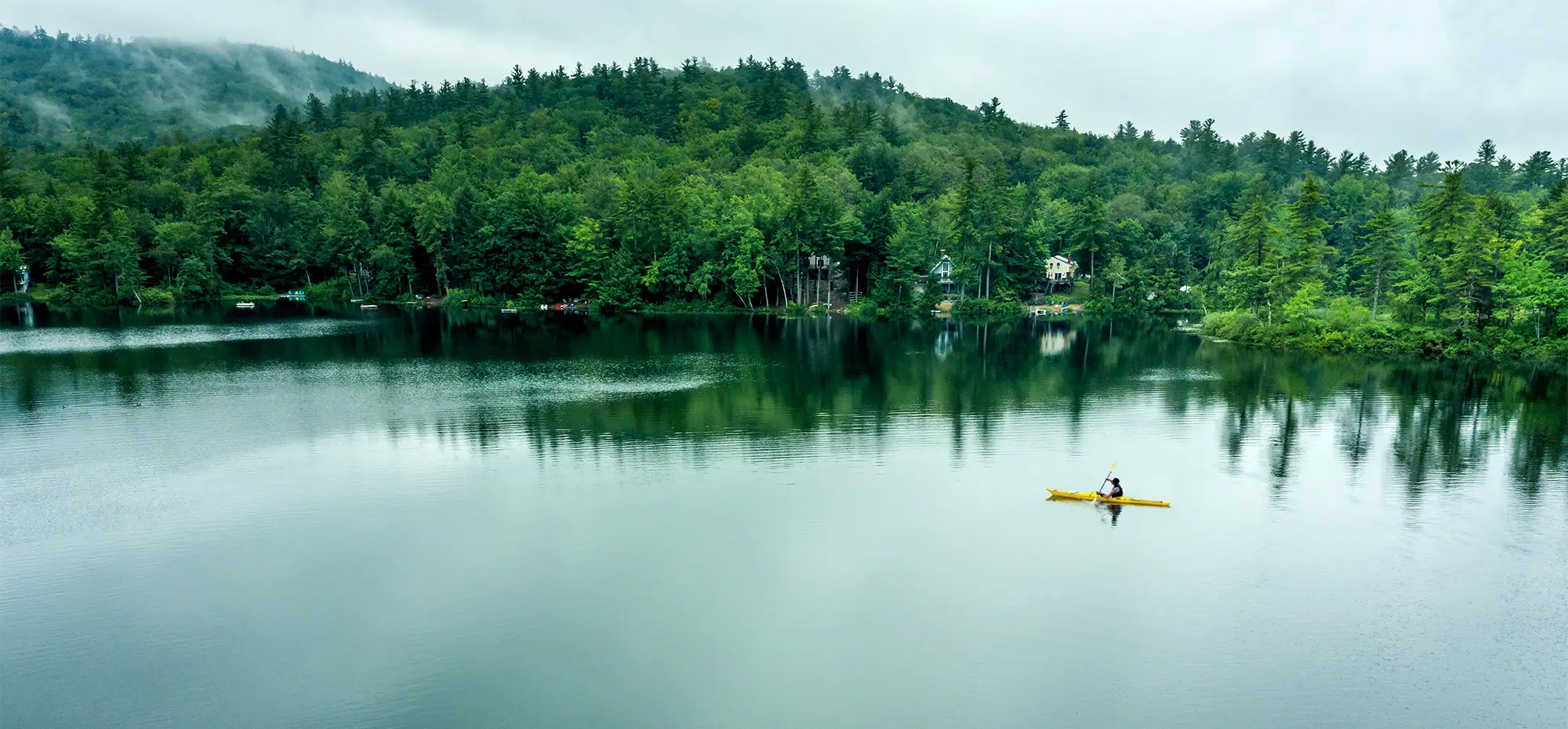New hampshire,
our traditions are worth protecting.
New Hampshire life is built on seasons, land, and traditions—but it’s changing. Sugaring ends sooner, fishing is harder, moose are disappearing, and algae outbreaks are closing our lakes.
We're seeing these changes in our communities every day. Add your name to stand for clean energy, healthy communities, and a future that keeps New Hampshire, New Hampshire.
Every name makes us stronger. Add yours.


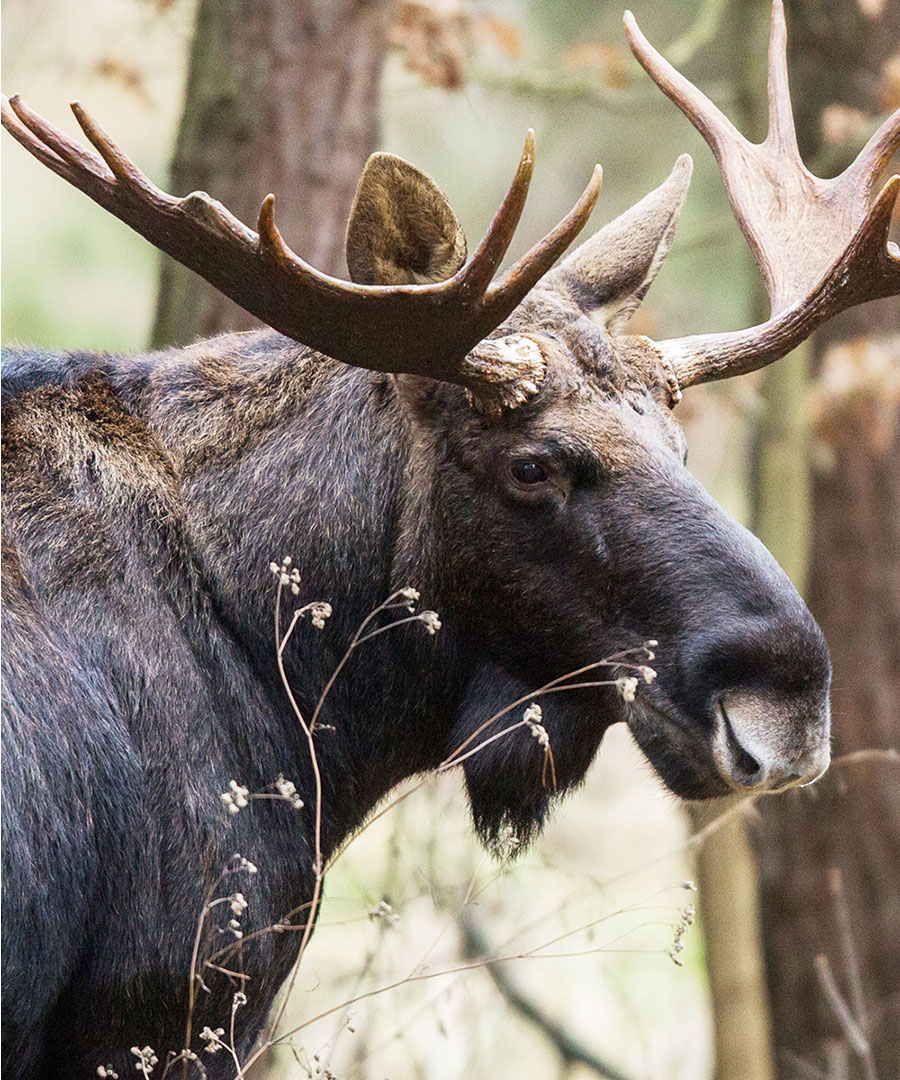



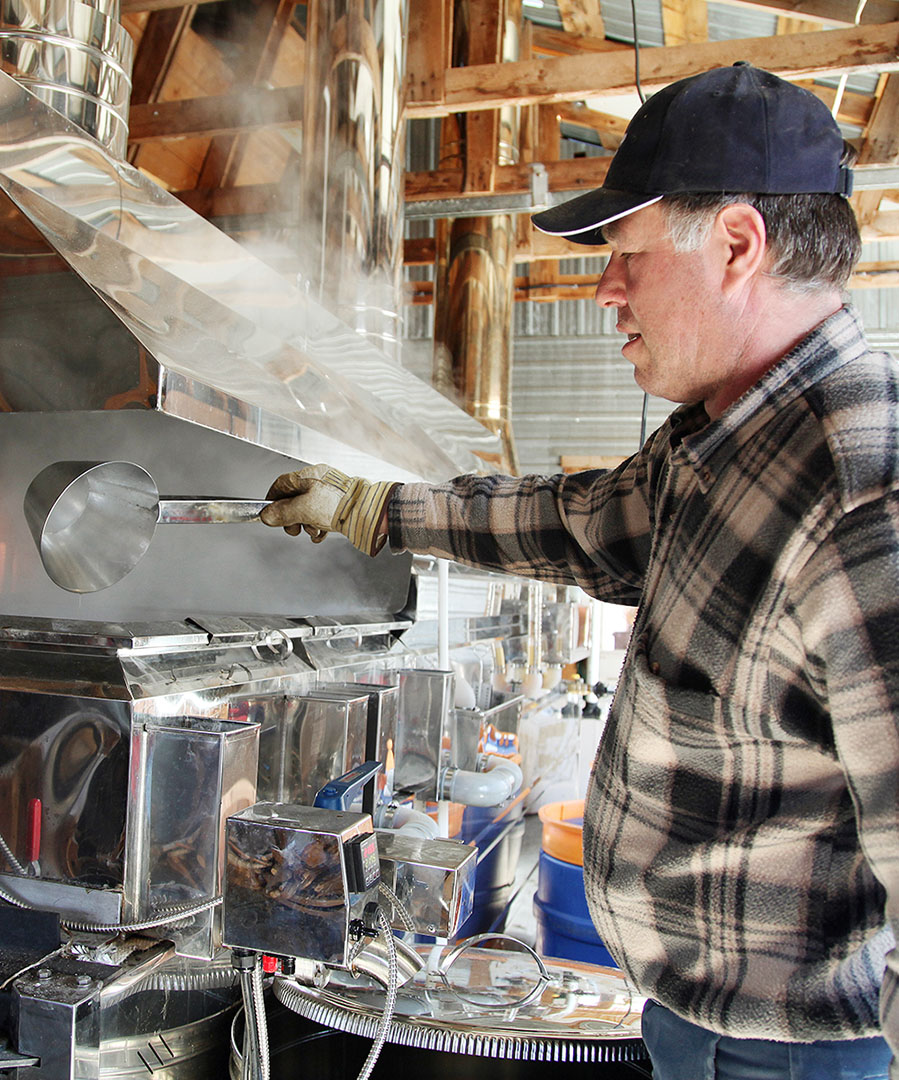

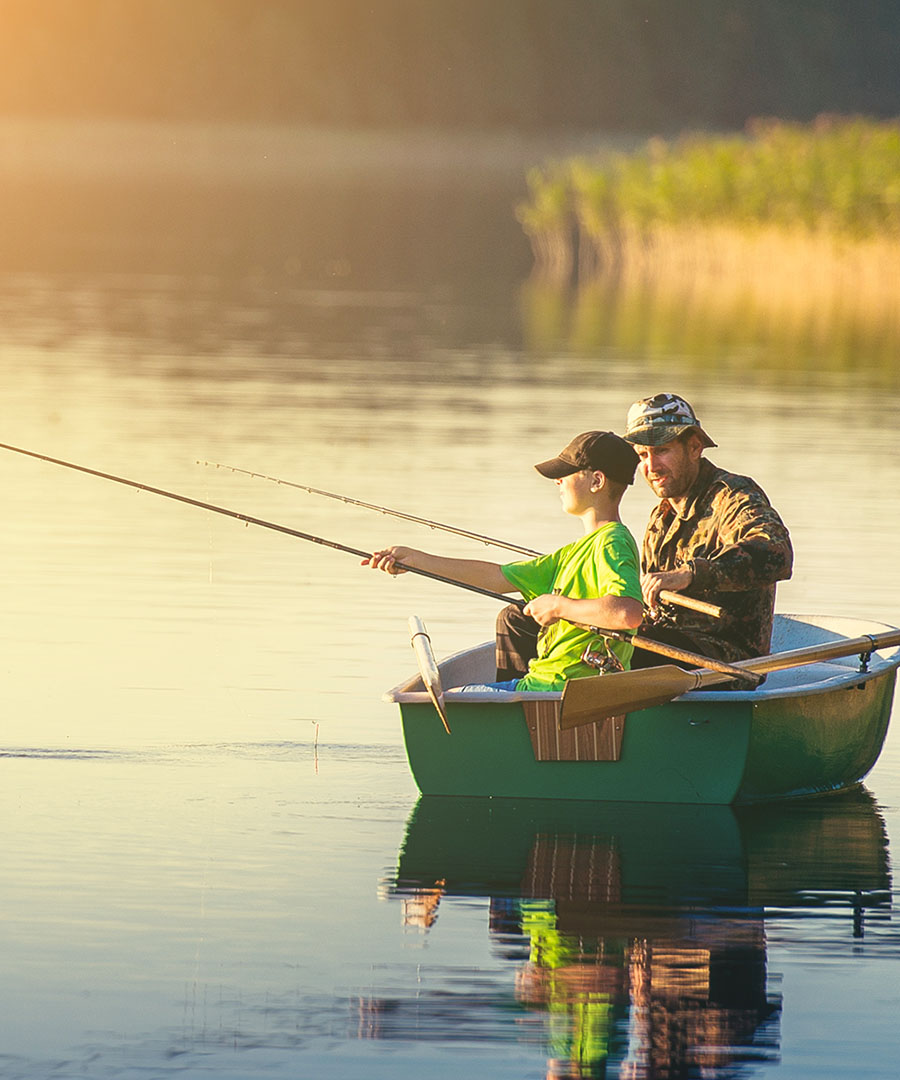


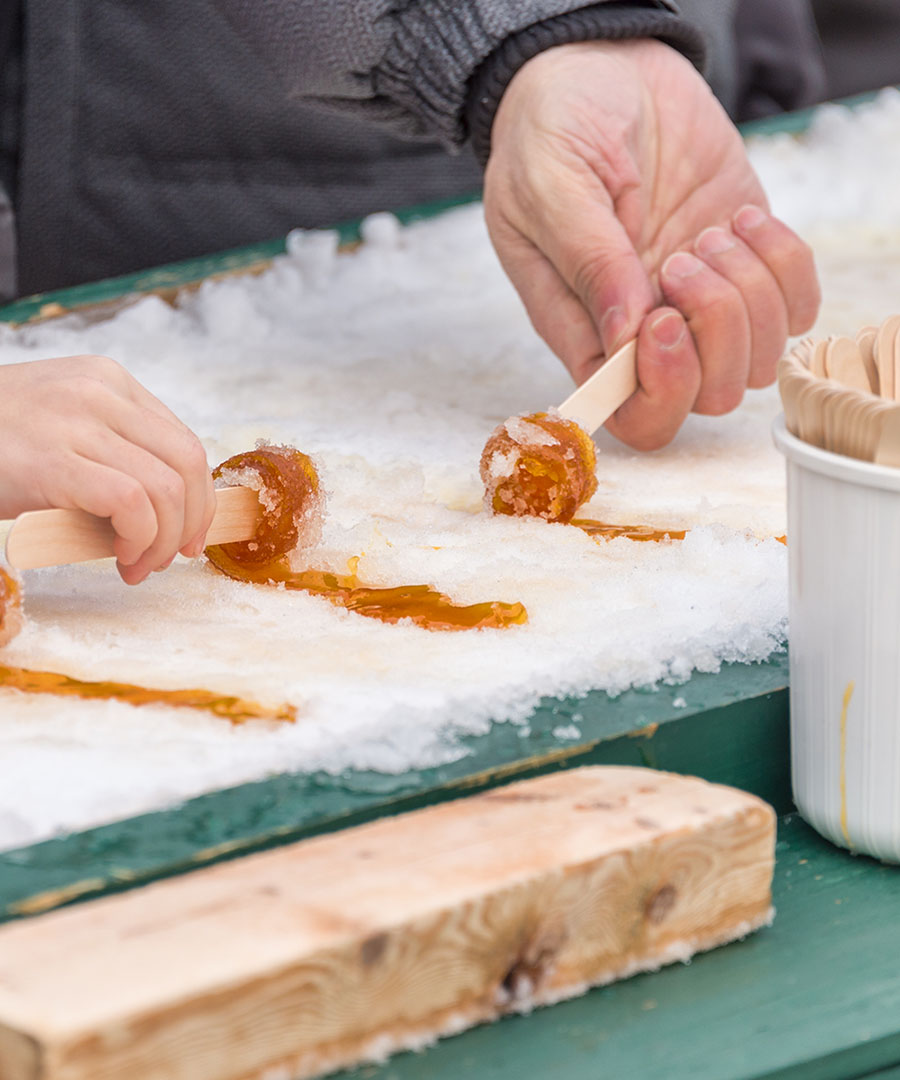
Join our Protect New Hampshire Network.
Together, our signatures can send a strong message. Sign the pledge today to make a difference.
Your signatures have played a crucial role in protecting our way of life in New Hampshire. Your involvement is vital.
Why we need to take action:
of moose calves have died over the past three years from increases in tick populations due to warmer winters.1
consecutive record year for lake-closing, toxic blue-green algae outbreaks in New Hampshire, driven by rising temperatures and polluted runoff.2
of outdoor recreation providers reported that shorter winters impacted outdoor recreation during the 2022–2023 season.3
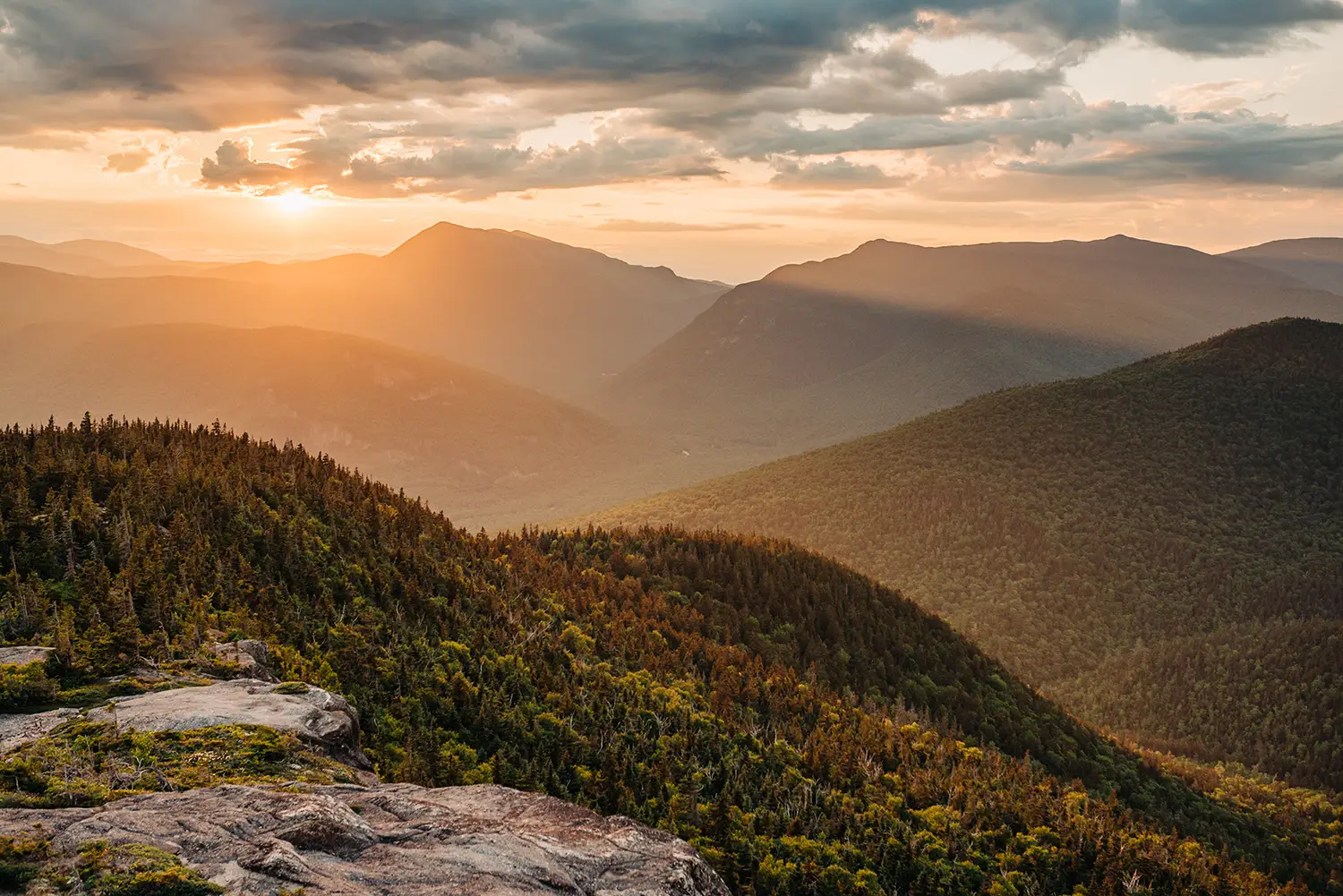
Hard facts from the Granite State
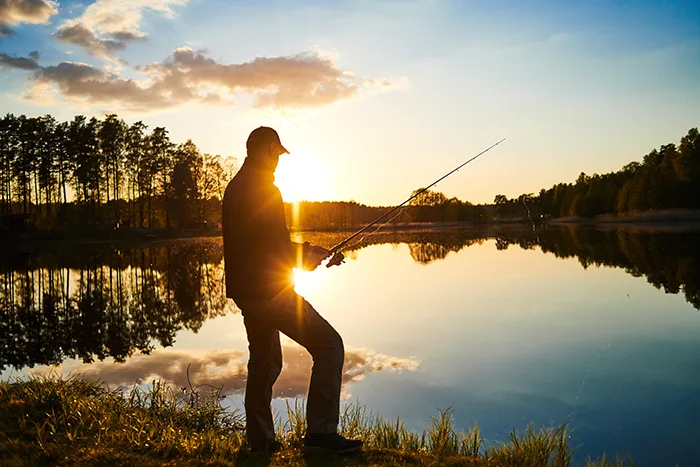
Hotter summers are likely to increase the temperatures in some cold water streams too high for native species such as brook trout to thrive.1
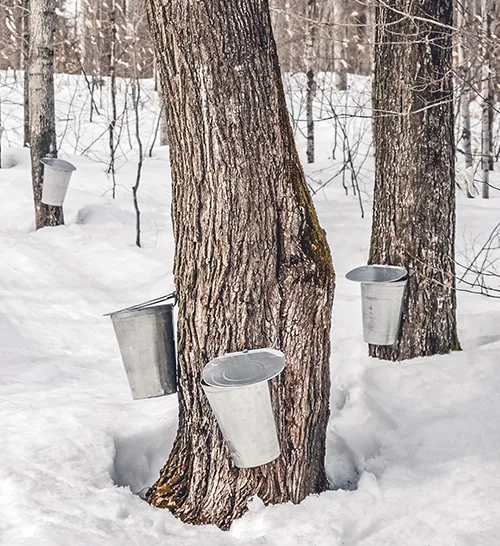
The 2024 sugaring season reflected broader climate trends: earlier start dates, more volatile tapping windows, lower sugar yields, and visible stress in sugar maple health.1
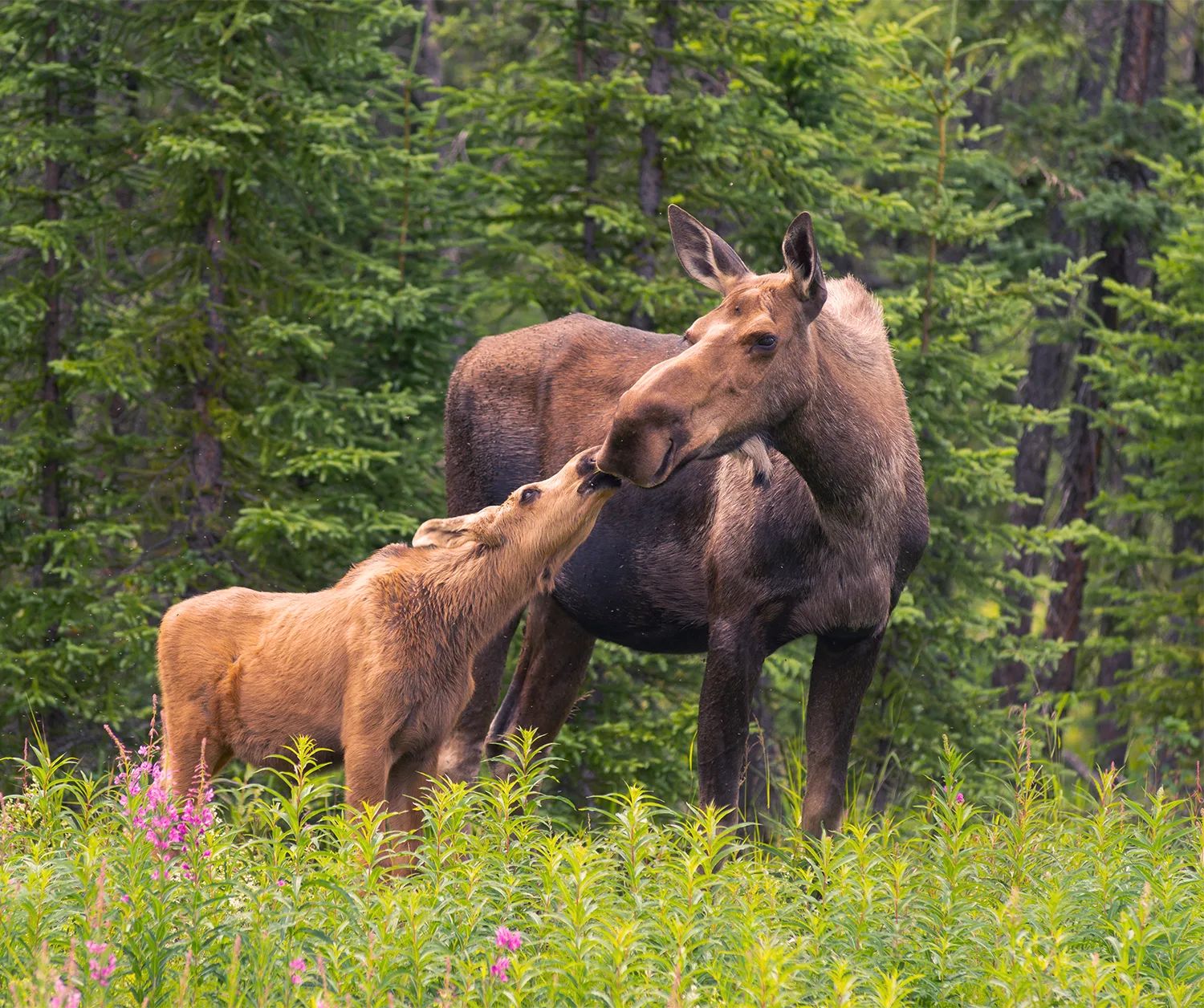
Beyond its cultural impact, the loss of moose is also economic. The moose hunt in New Hampshire has dropped from allowing 675 hunter tags issued per year to just 33.1
How to take action.
These changes aren’t just frustrating—they’re threatening our way of life.We all want to pass on something better. That starts with caring for what we have. Conservation Law Foundation is working locally to protect the resources that make New Hampshire special.
We don’t have to agree on everything to agree this place is worth protecting.
Pledge your support.
Let’s stand together and send a clear message: We want our land and way of life cared for, so we can keep enjoying all that makes New Hampshire home for us.
Spread the word.
Even in these divided times, caring for our land and people can be the common ground we all share. Join us in raising our voices by sharing yours.
Donate to our work.
We’re working towards a New Hampshire powered by affordable clean energy, with air free from dirty pollution, safe from toxic poisons, and where our communities are stronger, more vibrant, and healthier than ever before.
FAQ
Find answers to common questions about the threats that face New Hampshire's traditions.
Skiing, ice fishing, snowmobiling, pond hockey, wildlife viewing, and fall foliage are also at risk.
Tourism sectors tied to winter sports and seaside recreation are seeing losses in revenue, which affects hospitality industries, local shops, and more.
Additionally, public health risks are rising. Harmful algal outbreaks in lakes are producing toxins that can sicken people and pets. Air pollution is making asthma and other breathing problems worse. Tick-borne illnesses like Lyme disease are spreading as ticks survive milder winters.
- Advocate for policies that reduce carbon pollution, and conserve forests, wetlands, and natural areas.
- Reduce car use; choose people power transport, public transportation, or EVs.
- Join local cleanups and water-monitoring programs.
- If your community is part of the Community Power Coalition of New Hampshire, choose clean energy for your home. If your town isn't in the coalition, ask your local officials to join.
- Attend town meetings to support environmental protections.
- Donate or volunteer with groups focused on conservation or climate resilience.
- Stronger clean energy standards and targets to lower our state's carbon pollution.
- Investment in renewable energy and energy efficiency programs.
- Protection and restoration of coastal areas, wetlands, and forests.
- Funding for infrastructure upgrades so communities can bounce back from floods and other extreme weather more quickly.
Yes! There are many local efforts to monitor water quality, protect natural lands, restore rivers, and build equitable environmental solutions, often led by grassroots coalitions and nonprofits like CLF.
Without intervention, cultural landmarks will vanish, economic losses will mount, public health will suffer (e.g., pollution-linked illnesses), and community traditions may erode.
You can learn more by exploring our website. Join our community to stay informed and engaged.
Stay in the know.
At Conservation Law Foundation, we are fighting for healthier, cleaner New England communities. Stay up to date with our efforts and how you can take action.
